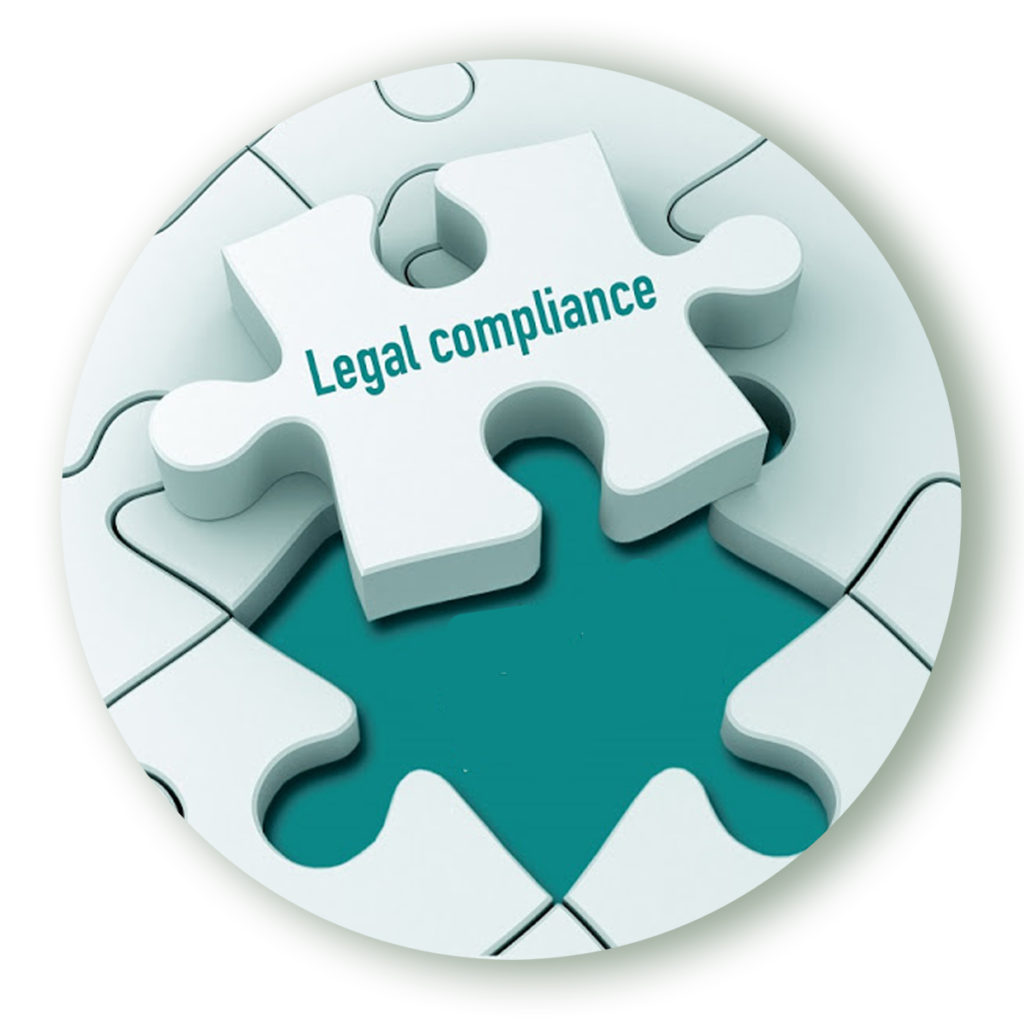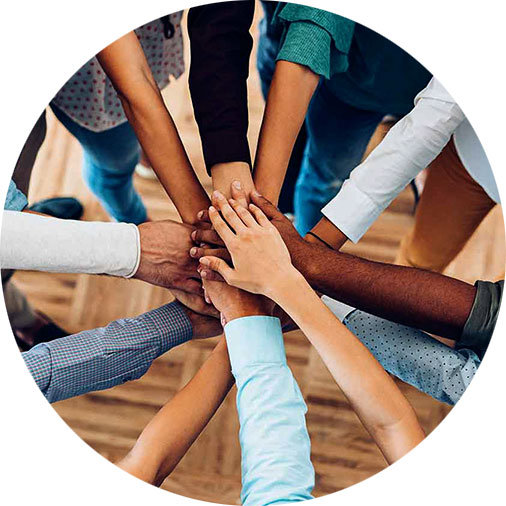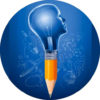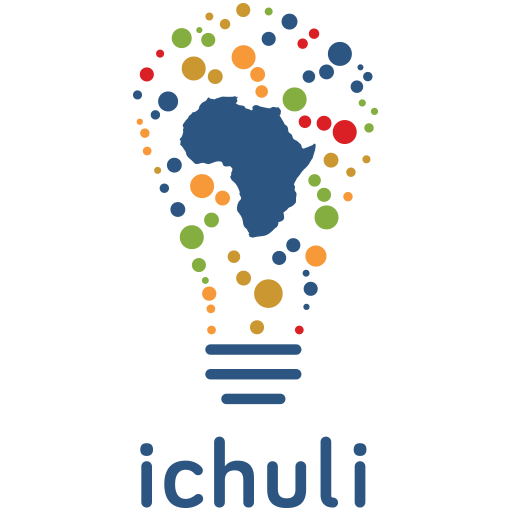Ichuli Consulting is an independent, Ugandan-owned company based in Kampala, Uganda. Ichuli Consulting offers a comprehensive suite of technical, strategic and advisory services to clients, including non-profit and for-profit organisations, bilateral agencies, and governments in the education, research, monitoring and evaluation, business development, communications, financial services, agribusiness and financial inclusion sectors.
Ichuli Institute is a non-profit organisation headquartered in Uganda and dedicated to the study of effective teaching practices, quality education service delivery and health rights and access in the developing world. Ichuli Institute has a proven history of working alongside implementing partners, governments, academic institutions and the private sector to research and identify best practices, successful programmes and effective policies in education and health programming in Sub-Saharan Africa.
Both organisations are fully registered and tax and legally compliant under Ugandan law. Ichuli partners with non-profit and for-profit organisations, bilateral agencies, academic institutions and governments across Eastern and Southern Africa to implement projects and deliver high-quality, affordable services to its clients, including managing and implementing private sector and donor-funded programmes in education and health research. Ichuli has worked on projects for clients in Uganda, Tanzania, Kenya, South Sudan, Rwanda, Ethiopia, Malawi, Zambia and Mozambique.
At Ichuli we integrate local contextual knowledge, expert technical experience and purposeful research with proven international best practices in delivering and scaling innovative, impactful development solutions. African perspectives and contexts are central to the design of our interventions and research, as we believe that every development solution must be accessible and achievable for communities and people here to execute – both during a project’s lifecycle and beyond.
We believe that measuring the difference organisations make for their beneficiaries is critical. We help our clients tell their stakeholders about the changes their initiatives create – including the type and scale of those changes, how people and communities have been impacted, and how their lives have improved. We also help our clients learn from their work so that they can enhance their initiatives, better collaborate with their beneficiaries, communities, partners and governments, and better engage their funders and other relevant stakeholders to understand why change happens and how it can be replicated and scaled.

- A Board of Directors ensures the delivery of Ichuli’s objectives, sets its strategic direction, and upholds its values. It is comprised of members who represent a wide range of development fields and industries to oversee the operations of the company and non-profit. The Board meets every three months to monitor and advise the Ichuli management team. The Board holds management accountable for any and all legal and financial issues. The Board also performs fiscal oversight to check that Ichuli is acting in a responsible manner.
- Ichuli contracts an independent auditing firm to audit the company and non-profit each year. This firm reports directly to the Board to ensure the organisation is complying with agreed system controls and processes and to ensure Ichuli meets national and international finance reporting standards.
- Victoria Brown and John Mark Muwangala serve as the Managing Partners at Ichuli Consulting, acting as Technical Director and Finance and Administration Director, respectively. Victoria and John Mark are deeply involved in the daily operations of Ichuli, overseeing all projects, operations, human resources and finances. Both are involved in the appointment and evaluation of staff, management of budgets, and management of all day-to-day operations in accordance with national and international standards for social and ethical practices.
- Ichuli employs a Finance and Administration Manager responsible for overseeing finance, operations and human resource management. She is directly supervised by the Finance and Administration Director. Together with the Managing Partners, she is responsible for making decisions about hiring and firing staff, performing annual staff evaluations and addressing staff, consultant and client welfare issues. The Finance and Administration Manager is assisted in her finance tasks by an accountant who supports payroll, budget oversight and supplier payments. Together, the three of them comprise the Finance Team. The Finance and Administration Manager is also assisted by an Operations Assistant responsible for tasks related to procurement, asset management and organising fieldwork logistics for research studies.
What Makes Ichuli Unique?

Our People
Ichuli’s success stems from its investment in people. Our staff and consultants are individuals with the right energy, mind-set, capabilities, and commitment to design intelligent and appropriate evaluations and research studies, and to execute them effectively. Based upon the specific assignment, Ichuli assembles teams comprised of a mix of capable Ugandan and Western staff with the appropriate experience and expertise to deliver exceptional research relevant to the Eastern and Southern African context, against a backdrop of international standards of quality and excellence.
Ichuli maintains offices headquartered solely in the Global South in Kampala, Uganda and Lira, Uganda. Within each office, full-time staff and freelance consultants work together to carry out all necessary tasks related to survey design and execution, logistics and cost management and technical inputs for a full cycle of complex evaluation activities, from initial inception and design to data analysis and final results reporting. While Ichuli employs more than 20 full-time staff, we have also accumulated a wide network of local and international freelance consultants – including tool development and analytical experts and translators – who are engaged for short and long-term contracts when a project requires their specific skill set or language expertise.
Ichuli additionally maintains a dynamic network of over 500 enumerators across the region to execute survey activities who speak local languages and are competent in education research. Moreover, our engagement with other key national and international research organisations in the region allows us to leverage additional enumerator databases to identify data collectors for specific studies in a range of countries and local languages. We also employ a part-time cohort of 30 data entrants across both of our offices to support post-survey data entry and cleaning following field-based data collection activities.

Use of Technology
Ichuli has extensive experience conducting and leveraging electronic data collection for project monitoring and evaluation activities and research surveys using tablets and smartphones. Our tech team includes programmers, software developers and dashboard creators who develop a variety of electronic data collection software, tools and methods to collect, store and analyse data captured in the field. Ichuli utilises software programmes like Open Data Kit (ODK), CSPro, SurveyCTO, Tangerine and KoBoToolbox to create survey tools and forms that are uploaded onto tablets or smartphones for use in the field during data collection exercises. Our team has extensive experience preparing, coding and rendering tools for electronic data collection, as well as training and overseeing enumerators in the field during surveys on digital tools and data collection processes. Our team’s expertise is also applied to ensure real-time monitoring of electronic data captured in the field to track the quality and integrity of the data collection process through supervisor and enumerator monitoring mobile applications, and timing and tool management apps. We utilise these applications to ensure the optimal use of equipment, tools and data management processes during data collection.
Additionally, Ichuli has piloted and utilised ‘dumb’ technologies for electronic data collection using basic mobile phones through Short Messaging Services (SMS), Unstructured Supplementary Service Data (USSD) and Interactive Voice Response (IVR) platforms. These leverage menus of options for users to navigate through using a free SMS or USSD service or by following voice-activated prompts. This type of electronic data collection allows for ongoing engagement of beneficiaries and stakeholders in the field by asking follow-up questions from initial surveys, informational questions regarding progress and experiences, and self-reported questions regarding performance and experiences following initial trainings and workshops where information and skills are disseminated. It also allows organisations to greatly expand their approaches to electronic data collection from a range of partners, stakeholders and beneficiaries, as many people have access to simple mobile phones in their homes, schools and communities.
Depending on the needs and capacities of the partners we work with, Ichuli designs and recommends a variety of approaches to electronic data collection that fit an organisation’s requirements and budget. When data collection using electronic forms is not possible, Ichuli works with the organisation to develop paper-based surveys that are then transferred to digital format for analysis and reporting.
Additionally, Ichuli helps clients visualise and manipulate the data collected by creating monitoring and evaluation and decision-support dashboards which provide on-demand data analytics. Simple presentation and navigation are key to the success of these interactive dashboards, which allow clients to view findings and results in real time and to generate their own reports and findings summaries from the dashboard.

Impact
One of the biggest challenges many organisations face when sharing the results of their research is the huge task of visualising data and making it accessible – and understandable – to their target audiences. For data to be useful, it must be clearly presented to readers using highly engaging visual elements such as information graphics, images, videos, photographs, visual timelines, maps, graphs and charts that present complex information in an appropriate and engaging way.
To address this challenge for our clients, Ichuli maintains a full-time communications and design team in our Kampala office that oversees the development and execution of communications for development strategies to assist our partners in sharing their results, impact and learning in a compelling, simple and attractive manner. The team consists of graphic designers, graphic recorders and facilitators, illustrators, photographers and videographers, and expert writers who support the creation of highly visual and engaging reports and presentations, policy and practice briefs, fact sheets, video and audio segments, and web content to support results-sharing with a range of audiences – including academics, civil society organisations, local and national governments, and donors.
Ichuli has an exceptional team to design the most impactful and professional communication. With an in-house illustrator, we can meet all your needs for expert visual communications.

Learning from Learning
We believe in providing a range of services to clients following an evaluation to help them extract learnings from their studies and apply them to improve their programming, processes and overall impact. Incorporating lessons learnt from impact evaluations is a critical part of the research cycle – and one that is often overlooked by some evaluation partners. Ichuli provides direct support to help organisations take meaning out of research findings by identifying key expected and unexpected outcomes from their intervention to support internal reflection and learning and external results-sharing.
We begin by ensuring that the research questions and methodologies applied in an evaluation are clear and aligned to the evidence that our clients and their stakeholders – including beneficiaries, partners, governments and donors – are interested in having. We then generate a communications strategy for the research results that details the learning goals of the organisation, the specific evaluation products that will be created, and how they will be internally and externally shared. Following an evaluation, we design and participate in learning events with our clients to share results (both positive and negative) and apply context-specific evidence to tease out learnings that might guide the intervention in its next phase or at scale in a different location or environment.
Well-timed communication efforts focusing on policy ‘windows of opportunity’ are vital for successful uptake of evidence from an evaluation. To improve the chances that the findings from a study can be used to influence the field of practice for education interventions, as well as existing government policies, capacity-building for organisations and policymakers to share and apply learning is key. Ichuli provides these services to our clients and their stakeholders via a range of short, medium and long-term approaches that help the implementing organisation persist in sharing evidence and engaging in ongoing dialogue with local and national government officials, donors and other civil society organisations.
Our diverse team has experience conducting research studies in the following sectors: primary and secondary education; non-formal youth education; early childhood development; education in emergencies and humanitarian contexts, including accelerated and alternative learning programmes; life skills and socioemotional learning; inclusive and special needs education; child protection; teacher and education official intrinsic motivation; small business incubation and organisational development and strengthening; agriculture, value chain development and crop audits; and child, adolescent and women’s health.
We have wide-ranging capabilities and experience in conducting a variety of internationally recognised learning assessments for children and youth of early childhood, primary and secondary age, including Early Grade Reading Assessments (EGRA), Early Grade Mathematics Assessments (EGMA), Early Grade Writing Assessments (EGWA), Secondary Grade Reading Assessments (SeGRA), Secondary Grade Mathematics Assessments (SeGMA) and Secondary Grade Writing Assessments (SeGWA). Ichuli possesses specific experience modifying these assessments for children with disabilities.
In addition, we have extensive experience contextualising and conducting internationally accepted early childhood development assessments such as Save the Children’s International Development and Learning Assessment (IDELA) and the World Bank’s Measuring Early Learning Quality and Outcomes (MELQO) survey. Ichuli also designs and executes functional literacy and numeracy assessments as well as socio-emotional learning assessments that measure 21st century learning outcomes for a range of age groups in both formal and non-formal education settings.
We have refined existing international assessments and developed new, innovative tools to evaluate teacher and school leader effectiveness to expand the scope of instruments used in this type of data collection. Our suite of tools includes a range of classroom observation surveys – developed based off our extensive experience in classroom observations and upon other existing tools such as the Teacher Instructional Practices and Processes System (TIPPS), Classroom Assessment Scoring System (CLASS) and Teach; and teacher time on task tools – leveraging the World Bank’s Service Delivery Indicators framework.
Ichuli has also created original shadowing and time use tools to measure the way teachers, school leaders and education officials spend their days in key tasks and activities related to their official job descriptions versus their actual daily work. In this type of data collection, an enumerator follows around, or shadows, education professionals executing their daily roles to learn about how they perform their job responsibilities within their workplace. The data produced from these tools are utilised to generate value-added measures of teachers and school leaders, and evaluate school effectiveness and teacher satisfaction; assess time spent on teaching and learning in classrooms and schools; and conduct behavioural segmentation analysis on how an individual’s actions, opinions and attitudes map to behavioural groups in a study population to understand how patterns of behaviour relate to the decisions people make and the actions they prioritise while fulfilling their duties.
Processes to design and execute effective research studies.
We apply the following processes to design and execute effective research studies, including formative evaluations; process and implementation evaluations; outcome and effectiveness evaluations; needs assessments; impact evaluations; randomized control trials; and cost effectiveness and value for money analysis:
